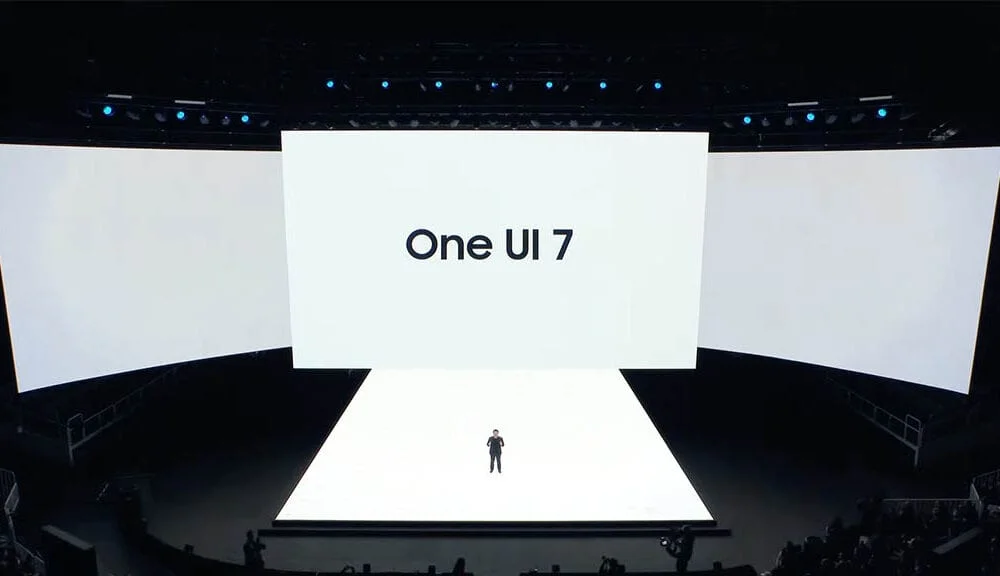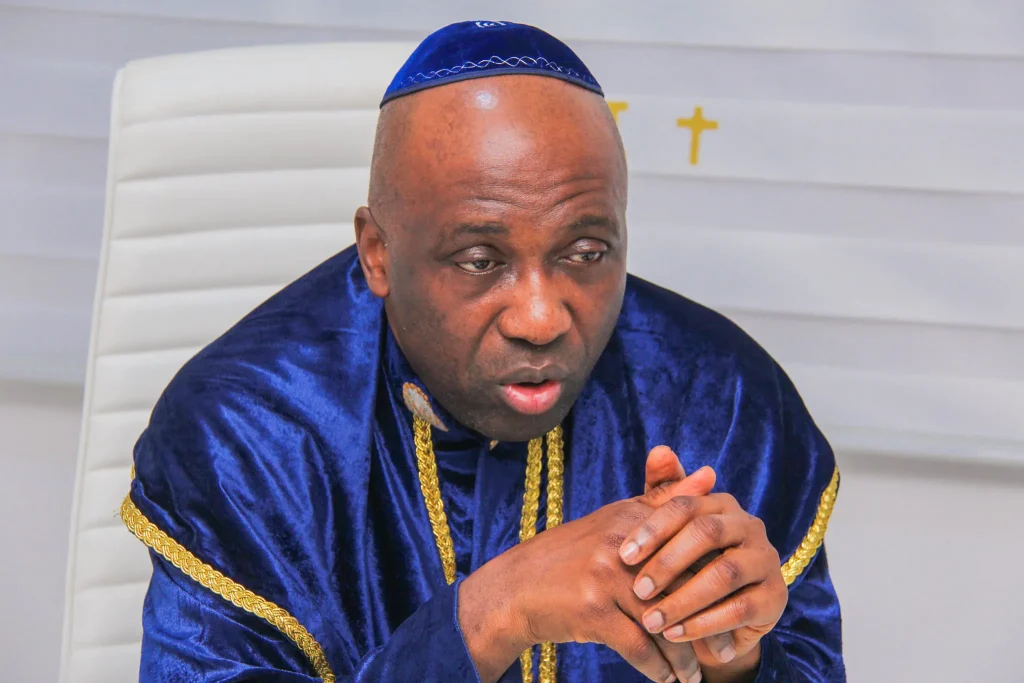In a recent development that has raised concerns about civil-military relations in Nigeria, personnel of the Nigerian Air Force (NAF) from the Sam Ethnan Air Force Base in Ikeja, Lagos State, allegedly invaded the corporate headquarters of Ikeja Electric (IE) on Thursday. The incursion was reportedly in response to the disconnection of power supply to the Air Force base due to an outstanding debt of N4 billion.
Incident Overview
On Thursday morning, around 7:40 am, military personnel from the Sam Ethnan Air Force Base allegedly stormed the premises of Ikeja Electric’s headquarters, located opposite MITV in Ikeja, Lagos. The personnel arrived in a military truck accompanied by two OP-MESA vehicles.
The incursion occurred following the expiration of an ultimatum given to the electricity distribution company to reconnect the power supply to the Air Force base, which had been disconnected due to an accumulated debt of N4 billion.
Assault on Journalists and Staff
During the invasion, several journalists present at the Ikeja Electric premises for an assignment were reportedly assaulted. Among them was a correspondent of FRONTPAGE Newspapers, Dare Olawin, who, along with other journalists, was allegedly dragged out of a vehicle, beaten, and made to sit on the floor. Personal belongings, including phones and a power bank, were reportedly confiscated by the military personnel, who also threatened to shoot if any resistance was offered.
Employees of Ikeja Electric were not spared, as the Air Force operatives allegedly vandalized office equipment, including doors and CCTV cameras, and seized laptops and other gadgets. The roads leading to the office were reportedly blocked, allowing the military personnel to control the premises and allegedly assault those within.
Background of the Dispute
The conflict between Ikeja Electric and the Nigerian Air Force stems from an alleged accumulated electricity bill of N4 billion owed by the Air Force base. According to the Head of Corporate Communications at Ikeja Electric, Kingsley Okotie, the debt had been accruing over the past decade. Efforts to address the outstanding payments had reportedly been unsuccessful, leading to the disconnection of the base’s power supply.
Okotie stated that previous attempts to negotiate payment plans had been met with resistance, with the Air Force allegedly denying technicians access to the facility, thereby complicating the situation. He emphasized that Ikeja Electric operates as a privatized entity without government subvention and relies on payments from all customers to maintain operations.
Reactions and Condemnations
The alleged invasion and assault have drawn widespread condemnation from various quarters. The National Association of Nigerian Students (NANS) described the attack on journalists as an assault on Nigeria’s democracy, labeling the actions of the military personnel as irresponsible. NANS called for accountability and urged military authorities to address the misconduct of their personnel.
The Nigerian Union of Electricity Employees (NUEE) also expressed shock over the incident, condemning the actions of the military personnel. NUEE highlighted the unprofessional behavior exhibited during the invasion and called for immediate intervention by relevant authorities to prevent future occurrences.
Call for Justice
In the aftermath of the incident, Ikeja Electric has called for justice and protection for its staff and operations. Okotie appealed to the Chief of Air Staff, Air Marshal Hassan Abubakar, to ensure that those responsible for the invasion and assaults are held accountable. He expressed concerns about the safety of the company’s employees and the potential implications for their families.
Okotie also highlighted the broader impact of such incidents on the company’s ability to provide services to other customers, noting that the feeder supplying electricity to the Air Force base also serves other areas. The disruption caused by the invasion could, therefore, affect the power supply to other customers, underscoring the need for a swift resolution to the dispute.
Implications for Civil-Military Relations
This incident raises significant concerns about civil-military relations in Nigeria, particularly regarding the conduct of military personnel in civil matters. The alleged actions of the Air Force personnel not only undermine the rule of law but also pose a threat to the safety and security of civilians and corporate entities.
It also brings to the forefront the challenges faced by utility companies in enforcing payment compliance, especially when dealing with government institutions and security agencies. The accumulation of such substantial debts hampers the operations of service providers and affects their ability to deliver quality services to the public.
Conclusion
The alleged invasion of Ikeja Electric’s headquarters by Nigerian Air Force personnel over an outstanding debt highlights the pressing need for dialogue and adherence to legal processes in resolving disputes. As investigations into the incident proceed, it is imperative for all stakeholders to uphold the principles of justice, accountability, and respect for democratic values to prevent such occurrences in the future.













